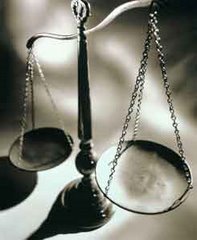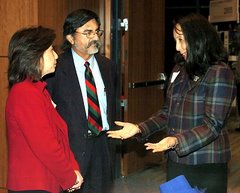21.3 Grounds. The defendant must be granted a new trial, or a new trial on punishment, for any of the following reasons:
(a) except in a misdemeanor case in which the maximum possible punishment is a fine, when the defendant has been unlawfully tried in absentia or has been denied counsel;
(b) when the court has misdirected the jury about the law or has committed some other material error likely to injure the defendant's rights;
(c) when the verdict has been decided by lot or in any manner other than a fair expression of the jurors' opinion;
(d) when a juror has been bribed to convict or has been guilty of any other corrupt conduct;
(e) when a material defense witness has been kept from court by force, threats, or fraud, or when evidence tending to establish the defendant's innocence has been intentionally destroyed or withheld, thus preventing its production at trial;
(f) when, after retiring to deliberate, the jury has received other evidence; when a juror has talked with anyone about the case; or when a juror became so intoxicated that his or her vote was probably influenced as a result;
(g) when the jury has engaged in such misconduct that the defendant did not receive a fair and impartial trial; or
(h) when the verdict is contrary to the law and the evidence.
All Error is Harmful & None of it is Waived

Friday, March 30, 2007
Subscribe to:
Post Comments (Atom)













No comments:
Post a Comment